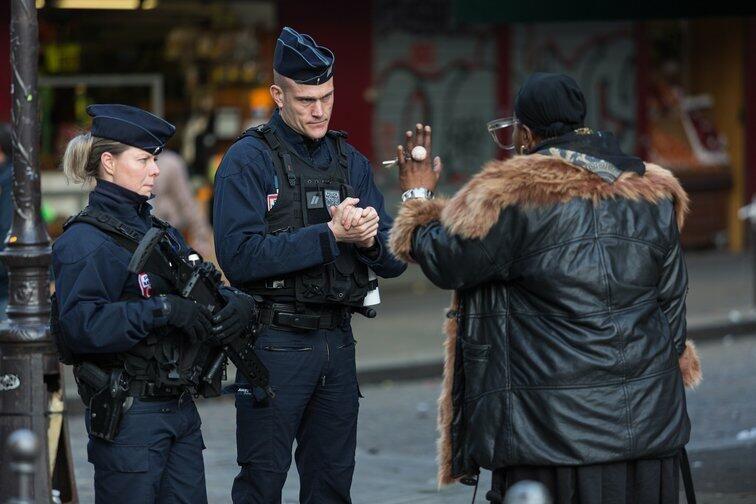(MENAFN- AzerNews) French police have been granted the authority to remotely
activate a suspect's cellphone camera, microphone, and GPS, after
the passage of a provision in a wider "justice reform bill" on
Wednesday night. The bill allows the geolocation of crime suspects,
covering other devices like laptops, cars, and connected devices,
just as it could be remotely activated to record sound and images
of people suspected of terror offenses, as well as delinquency and
organized crime, Azernews reports.
A judge must approve the use of the powers, and the recently
amended bill forbids use against journalists, lawyers, and other
"sensitive professions." The measure is also meant to limit use to
serious cases, and only for a maximum of six months. Geolocation
would be limited to crimes that are punishable by at least five
years in prison.
French digital rights advocacy group, La Quadrature du Net, has
raised serious concerns over infringements of fundamental
liberties, and has argued that the bill violates the "right to
security, right to a private life and to private correspondence"
and "the right to come and go freely."
Justice Minister Éric Dupond-Moretti insists that the bill would
only apply to "dozens of cases a year," and that this was "far
away" from the surveillance state of Orwell's 1984. He argues that
the law will save lives.
The legislation comes as concerns about government device
surveillance are growing. There's been a backlash against NSO
Group, whose Pegasus spyware has allegedly been misused to spy on
dissidents, activists, and even politicians.
The French bill is more focused, but civil liberties advocates
are still alarmed at the potential for abuse. The digital rights
group La Quadrature du Net has pointed out the potential for abuse,
noting that remote access may depend on security vulnerabilities.
Police would be exploiting security holes instead of telling
manufacturers how to patch those holes, La Quadrature says.
The new law covers laptops, vehicles, smartphones, and other
connected devices and will only be used when an individual is
suspected of a crime that is punishable by at least ten years of
prison time.
It is clear that the French government is taking steps to
increase surveillance of its citizens, and civil liberties
advocates are concerned about the potential for abuse. However, the
government insists that the law will only be used in a limited
number of cases and will save lives.
---


















Comments
No comment